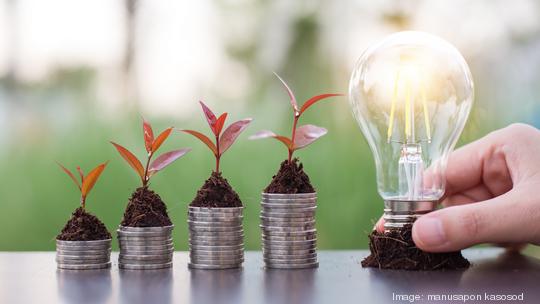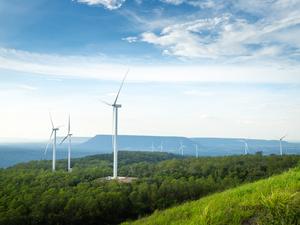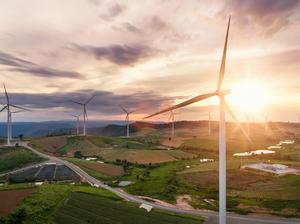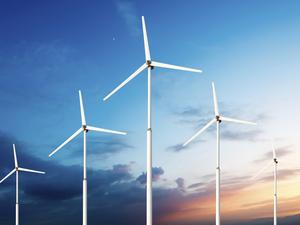
Venture capital investments skyrocketed through Covid-19 in companies developing vaccines, testing and treatments. And that put less urgent problems — including climate change — on the back-burner.
But funding for clean tech companies is bouncing back nationally, as well as in our own backyard.
That’s according to a study released this week by San Francisco’s Startup Genome, a policy and research organization focused on startup ecosystems. The Global Startup Ecosystem Report’s clean tech edition shines a spotlight on environmentally focused fields — and points to the direction this space is moving.
The D.C. area ranks middle of the pack — No. 10 — out of the top 25 clean tech startup ecosystems globally. In this study, the region earned high scores for performance (8 out of 10), funding (8), startup experience (8) and talent (7), but lower for focus (5) and knowledge in the clean tech space (2).
Here are the top 10 global clean tech hubs:
- Silicon Valley, Bay Area
- Tel Aviv
- Stockholm
- London
- Los Angeles
- Boston
- Amsterdam
- New York
- Beijing
- Washington, D.C.
The results line up with those from an October study that ranked D.C. at No. 6 of the 40 strongest clean tech ecosystems in the U.S., citing its potential for more growth. Local experts agree.
Greater Washington has some work to do in fostering growth for environmentally focused ventures. As it stands, the region’s strengths lie in cybersecurity and ed-tech, according to the Startup Genome report. The findings also highlight that the region counts more than 1,000 tech startups alone and $2.1 billion in total early-stage funding, exponentially more than the $548 million global average for individual markets. The region ranks No. 1 in the country for growth in entrepreneurship, per the Kauffman Foundation.
The flow of funding itself is also not lagging. Local startups rake in a median seed round of $625,000, compared with the $480,000 global average, and a median Series A round of $5 million, more than the $3 million global average, according to the study.
But investor interest in clean tech stands to increase across the board, due to advancements in technology and the heightened need to address climate change, among other reasons, per the report. That’s after a five-year “wave of enthusiasm” starting in 2006 that preceded “a sector-wide bust” that cost investors billions “and dampened the appetite” for investing in this space, it said.
Now as we move out of the early period of the coronavirus crisis, when investors disproportionately poured capital into life sciences companies, “there are clear early signs of a renewed interest” in clean tech, the report reads. The second quarter of 2021 saw Series B rounds climb to an all-time high in this space nationally, representing a 77% increase over the second quarter of 2020. And valuations of clean tech startups grew by 176% in 2021 year over year, after crawling up a mere 23% the year prior.
Investors are also putting their dollars into climate-focused venture capital funds, the report said, “suggesting a likely future spike in deal volume and amount.”
It’s a tricky space for entrepreneurs to navigate, because many of these businesses require exponentially more money, time and technical skills to get to a scalable point than software startups, for instance. It’s also challenging to grow a business in this space, because it’s particularly fragmented, the report reads.
What does that mean for the D.C.-area ecosystem? Simply put: It’ll take time.
We have seen success stories, most recently when D.C.’s Arcadia raised $100 million in a single round in 2021. It’s part of a larger group of maturing clean energy startups locally, including Chantilly’s TrueAlgae, D.C.’s Aquicore and Tysons-based Senseware.
More should evolve, as efforts also increase to support early-stage companies. One example is Montgomery County nonprofit Bethesda Green, which runs multiple programs including a four-month accelerator for social impact entrepreneurs focused on the environment, and just welcomed its latest cohort.
Such efforts have already started to witness and effect change, including Potential Energy D.C., a 5-year-old initiative that supports companies through an incubator and angel network.
“Just a few years ago, it seemed like we were the John the Baptist character crying out in the desert eating locusts,” Dave McCarthy, its executive director, told us in April. “I wouldn’t say that we’ve quite made it to the land of milk and honey yet, but there are a lot of great companies here in D.C. doing a lot of great things and getting recognized for it.”




